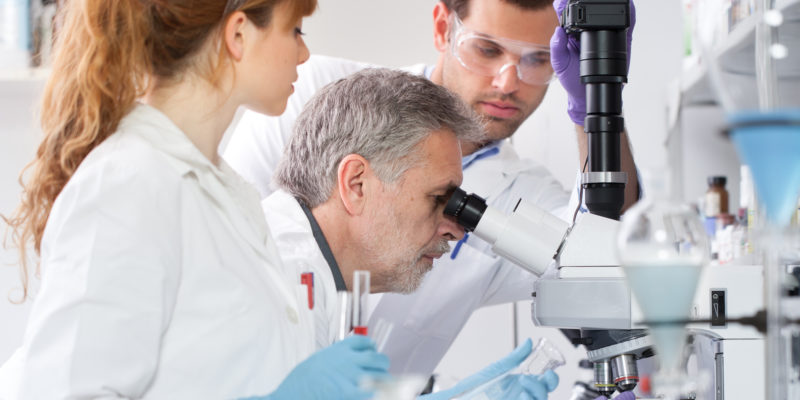A new report has revealed that those working in the pharmaceutical industry in the UK consider Brexit to be the most critical threat facing job growth in the industry here in the UK, an industry that invests significantly more in research and development than any other.
Areas of significant concern were identified as genomics, immunology, bioinformatics and chemoinformatics, and clinical pharmacology.
The Association of the British Pharmaceutical Industry (ABPI) study further revealed that the UK is now falling behind Europe and the rest of the world with regards to the numbers of people studying many STEM subjects that are vital for discovering the advanced technologies and treatments of the future.
Deputy chief scientific officer at the ABPI Sheuli Porkess had this to say in response to the findings: “The government has set out ambitious targets for increased R&D spend in the UK – including by business – but for this to succeed we must have access to highly skilled people.
“UK science and academia are the envy of the world and the we are vying to be Europe’s premier biotech cluster and second only to the US. But we are seeing a decline in R&D investment. If we don’t address the skills shortages our status as a world-leading R&D hub we may see even more research – and with it highly skilled jobs – move abroad. This would be bad news for NHS patients and the UK economy.”
The Campaign for Science and Engineering’s executive director, Dr Sarah Main, recently explained that the UK’s migration environment is essential for the UK to remain competitive in science and engineering, and access to international talent remains a top priority for both the engineering and science sectors.
Although she welcomed some of the government’s changes to the visa route for skilled workers, she did note that there are still some areas of concern, such as for technicians and for research and development tech start-ups, which could make the UK less attractive for those with in-demand skills.
Need help with tertiary packaging? Get in touch with us today.

